ALLIED. Solid thriller born in a bygone era
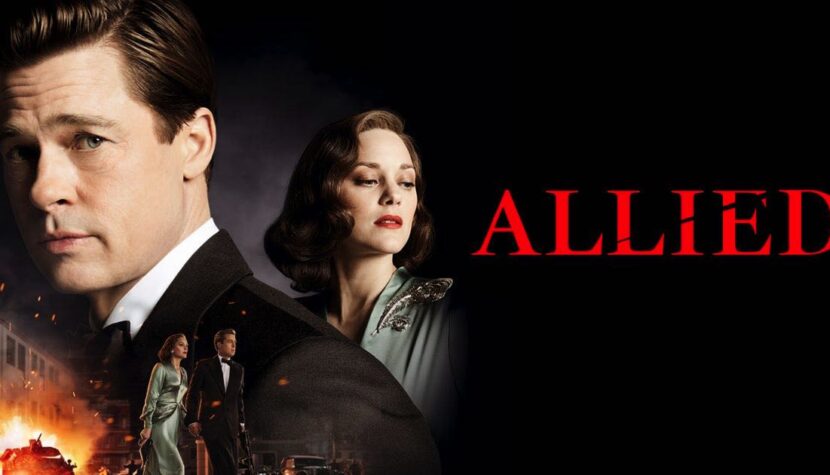
However, the moment of touching the ground prolongs—though it seems inches away from the sandy surface, the descent continues. Don Burgess’s shots make 3D glasses unnecessary to admire this extraordinary visual effect. Eventually, the protagonist manages to land safely, very confidently, without any surprises. The description of these beautifully filmed seconds perfectly captures the impressions after watching Allied, a wartime melodrama that slowly progresses towards its goal, stylishly and with class, but without significant emotions, ultimately delivering a predictable conclusion.
Casablanca, 1942. The parachutist turns out to be Max Vatan, a Canadian soldier sent by the British on a spy mission. Along with the deeply undercover member of the French Resistance, Marianne Beauséjour, they pose as a loving couple, planning an assassination of a high-ranking Nazi officer. Soon, they stop pretending to love each other and genuinely fall in love, but future events put their feelings to the test. I don’t want to reveal too much to avoid spoiling it for those who haven’t seen many revealing trailers. I’ll just say that Max will be forced to seek answers to his troubling questions about his lover’s past, risking his life and others, behind enemy lines and in his own home. Allied it is.
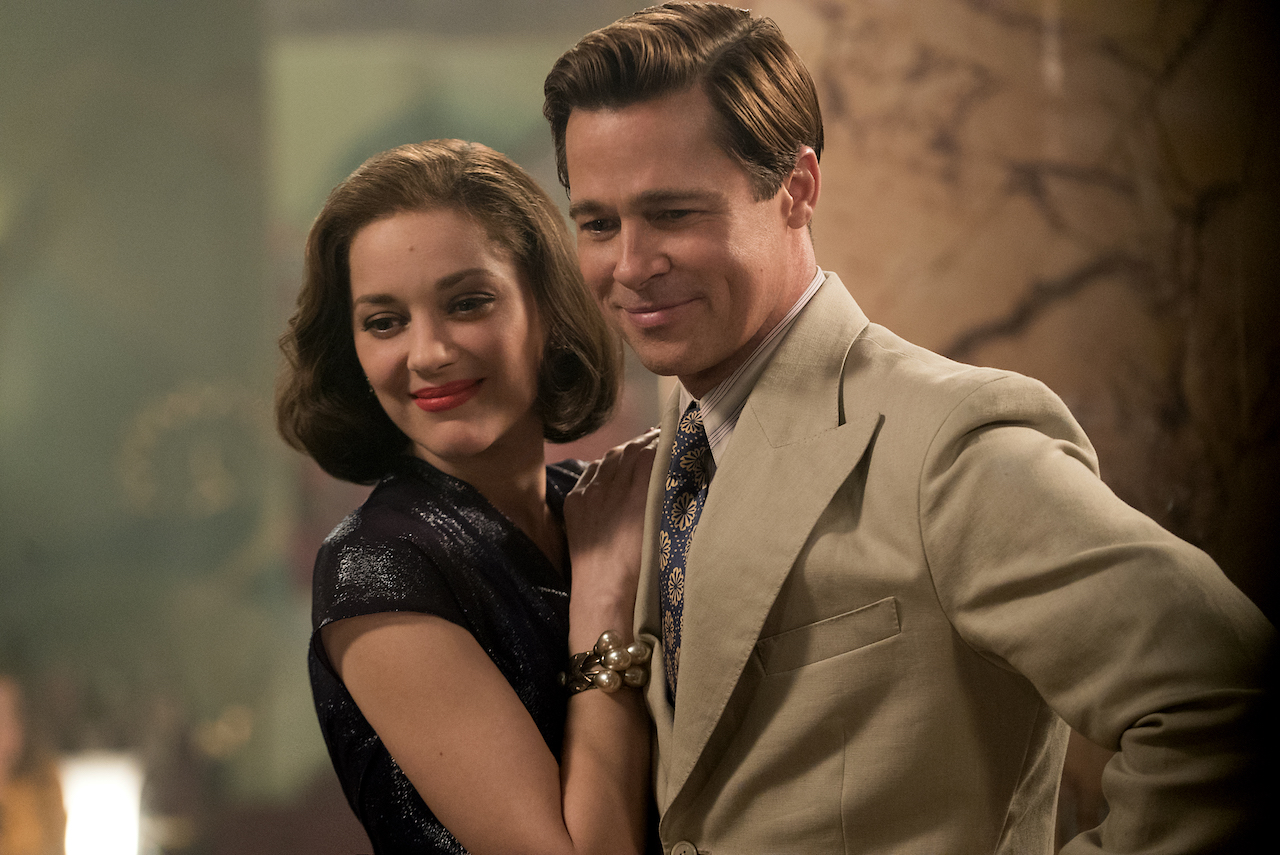
Robert Zemeckis attempts to revive the charm of classic romantic thrillers set in World War II with Allied, but he only partially succeeds. Yes, the film has a splendid setting, glamour spills out of the frames, and Brad Pitt and Marion Cotillard excel in their roles as initially cold professionals and later passionate lovers. However, I quickly realized that this tribute to old cinema cannot ignite the fire so desired for a melodrama. Part of the blame lies with the director himself, who cannot completely tame the aesthetics of old wartime romances, which today appear artificial and burdened with imposed courtesy due to censorship. The creator of Forrest Gump and Flight isn’t afraid to use profanity, portrays violence realistically, but interrupts a sex scene at the most interesting moment, revealing nudity a bit later, almost accidentally. Casablanca looks like a postcard, London appears ugly and gray, but even there, Zemeckis manages to brighten the frame with vibrant colors or situations, such as when the main characters decide to have a picnic near the crash site of a German plane. There is something unnatural about it all, yet familiar.
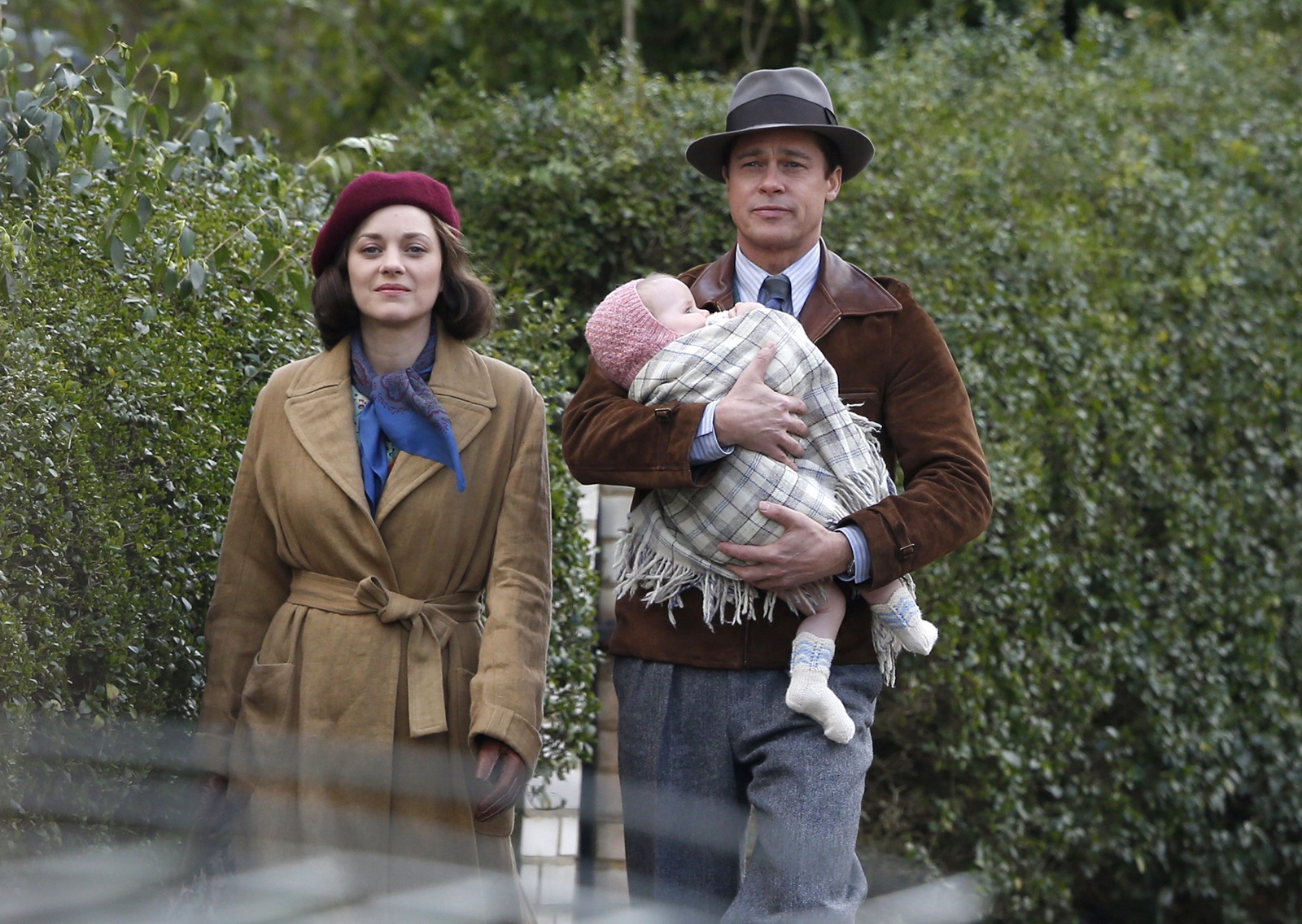
This falseness makes Allied very reminiscent of old cinema—back then, outdoor scenes filmed in the studio were jarring; today, digital processing and color correction create the same impression. In both cases, there is a conviction that war is a time when one can be happy.
Steven Knight’s screenplay also feels like it was written over half a century ago, and this shouldn’t necessarily be seen as a criticism if someone wants to watch a lost classic from the forties or fifties. However, Knight lacks the imagination to revive the ossified patterns. Making Max’s sister a lesbian who openly demonstrates her sexual orientation is the only bolder idea, but unfortunately, it leads nowhere, remaining only an interesting addition.
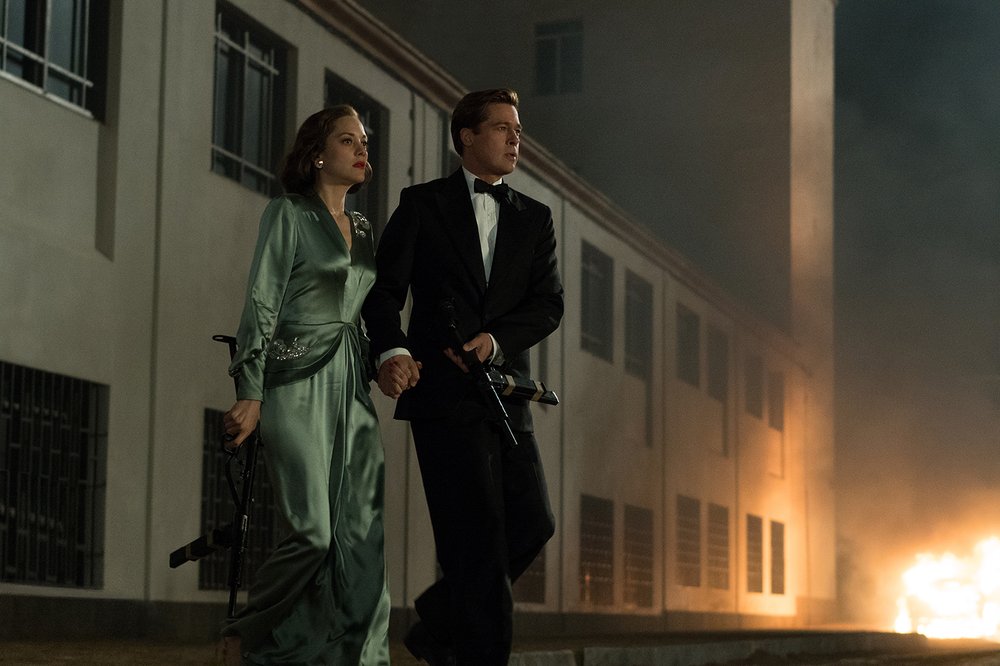
The author of scripts for Eastern Promises, Closed Circuit, and Locke feels comfortable exploring the dark side of contemporary London, depicting people in conflict with themselves. Here, Vatan is supposed to be such a character, torn between love and duty, truth and lies, unable to passively wait for a resolution, engaging in actions that endanger not only him. However, Pitt’s character is too stereotypical to intrigue—he perfectly knows what he will do before even thinking about it. This is not the actor’s fault, as he manages to make us believe in Max’s emotional turmoil even when the text doesn’t give him much opportunity to shine. Cotillard has more room to maneuver, first as a skillful manipulator, later as a faithful partner. She excels in both roles, although her character’s activity is somewhat limited in the second half of the film.
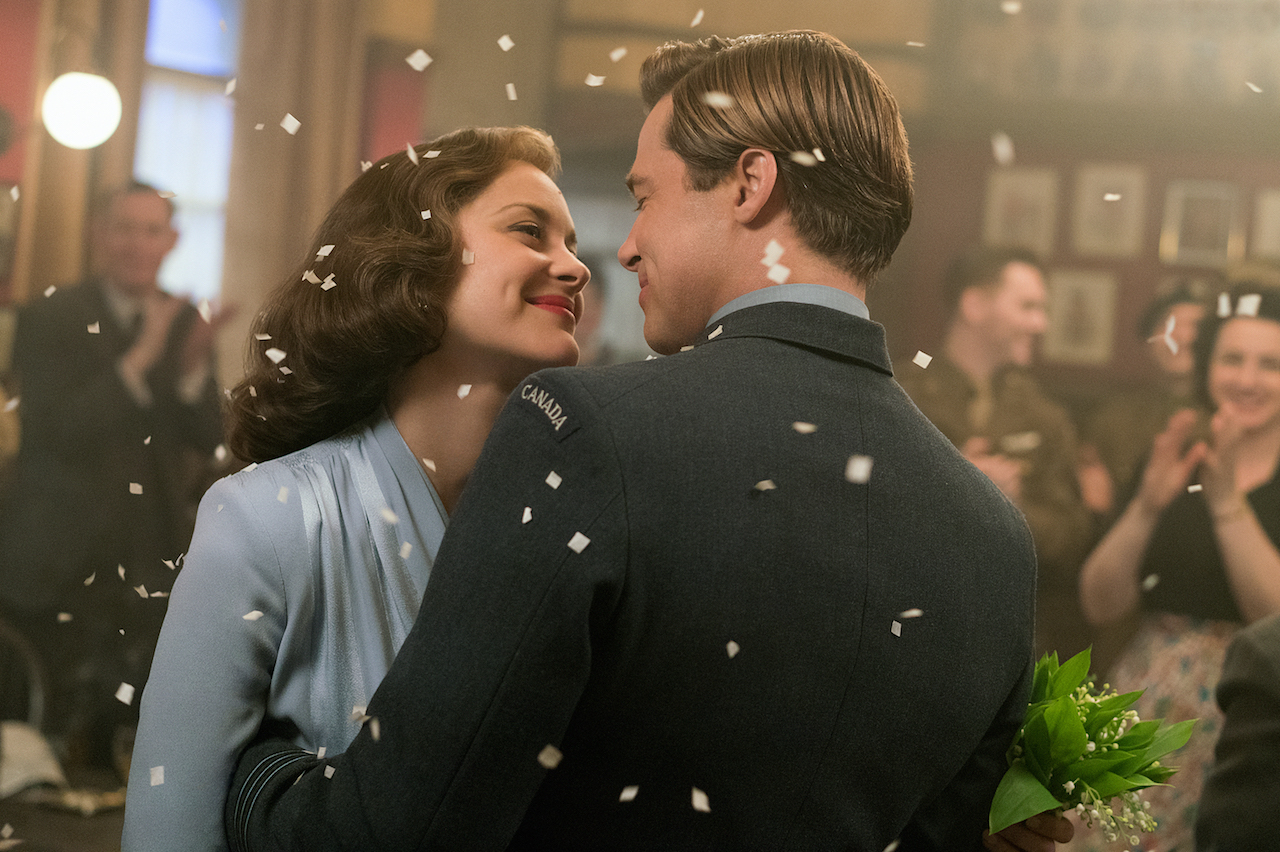
I regret that Allied doesn’t offer anything beyond what we have seen in the past. With grace, commitment, and self-assurance, they try to recreate cinema that has long been gone, but this distance is felt throughout, impossible to overcome until the very end. The big names in front of and behind the camera guarantee a solid level of the enterprise but cannot deliver the promise of a great film. And only in one moment can you feel that Zemeckis’s new work breathes fully—during the sequence of the reception at the main characters’ home when the crowd, lively music, and loud conversations serve as a backdrop for Max’s increasingly nervous investigation. It’s at that moment that the director confuses the tracks, introduces new suspects, gives poor Max hope and almost immediately takes it away, sows seeds of doubt in us, and concludes it in a very effective way, turning everything energetically, almost breathlessly. It’s a pity that the whole film is not equally lively.

